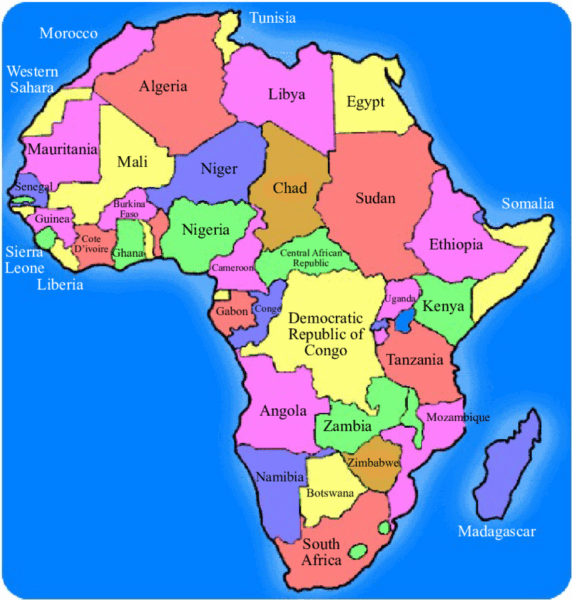2
With days to go before the Africa Regional Dialogue on Global Health Reform opens in Kigali from November 3–5, 2025, a unified call is rising across the continent: Africa must lead the reform of the global health system.
The growing momentum follows a series of high-level regional consultations convened by “Amref Health Africa” with support from the “Wellcome Trust”. Health ministers and leaders from all five African regions, West, East, Central, Southern, and North Africa, agreed that the current Global Health Architecture (GHA) must be “decolonised” by shifting power, ownership, and decision-making to African institutions and communities.
“The time has come for Africa to set its own agenda in global health,” said **Hon. Dr. Esperance Luvindao**, Namibia’s Minister of Health and Social Services. “When rethinking the Global Health Architecture, we should not think about it with borders in place. Our strength lies in regional collaboration, in pooling our capacities, sharing resources, and building a resilient health ecosystem that transcends boundaries.”
Across the consultations, participants identified key priorities for overhauling the global health system to better serve Africa’s needs. They called for a shift from fragmentation to coherence, urging an end to the donor-driven approach that has long defined the global health model. Instead, African leaders want a coordinated, continent-led framework that channels funding through strong national systems capable of delivering sustainable results.
Another priority is “sovereign investment”. With global aid expected to decline, ministers stressed the need to pivot from traditional aid dependency toward domestic resource mobilisation and patient capital. This shift, they argued, would drive African-led innovation and sustainable health financing that reflects the continent’s priorities rather than external agendas.
Also, the leaders underscored the importance of “local security through local manufacturing”. They called for a rapid expansion of vaccine and essential health product manufacturing capacity across Africa. Proposals include establishing Regional Regulatory and Trade Sandboxes to harmonise standards, strengthen regional value chains, and accelerate the continent’s journey toward self-reliance.
Insights from these consultations will form the backbone of discussions at the Kigali meeting, where policymakers, researchers, civil society representatives, and private sector actors will co-create a unified *African Blueprint for Global Health Reform.
Outcomes from the Kigali dialogue are expected to shape the global synthesis meeting in 2026, ensuring that Africa’s priorities anchored in justice, sovereignty, and shared prosperity, directly influence the future of global health governance.
According to Amref Health Africa, the initiative builds on the Africa Perspective Paper on Global Health Reform commissioned by the Wellcome Trust, one of five regional papers proposing bold ideas for reimagining the global health system. The African dialogue aims to test and refine these ideas through inclusive, continent-wide engagement.
“The global health system is at a crossroads,” said an Amref spokesperson. “Without reform, widening inequities and shrinking financing will leave millions behind. Africa’s message is clear: reform must be grounded in equity, evidence, and dignity.”
From East to West, North to South, African voices are converging on a single message, *Africa must lead*.








